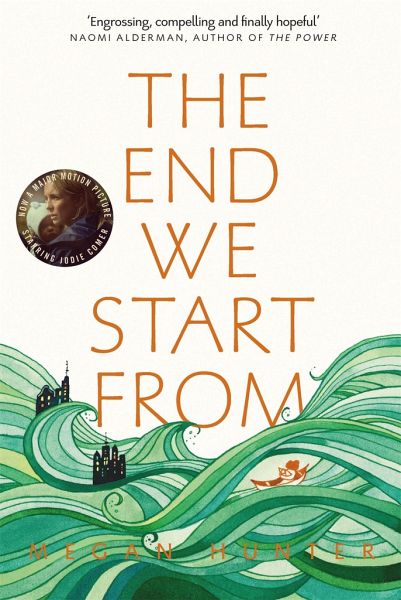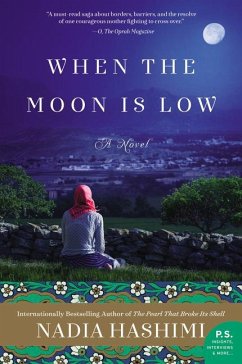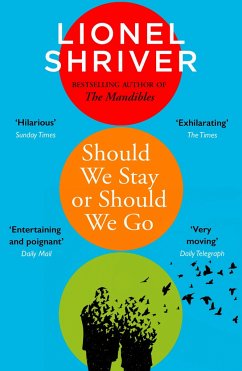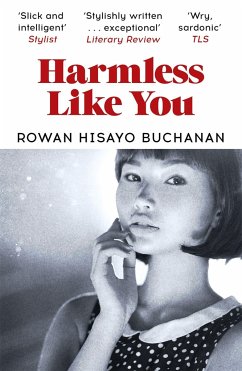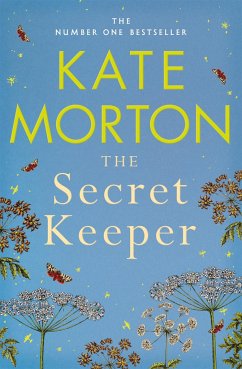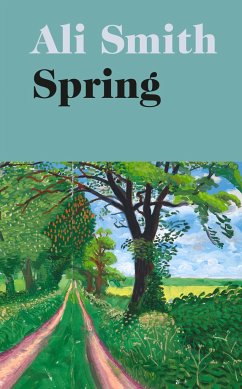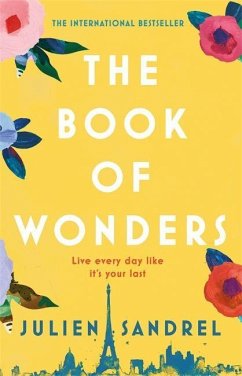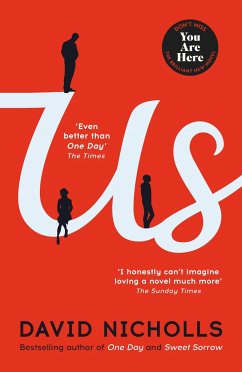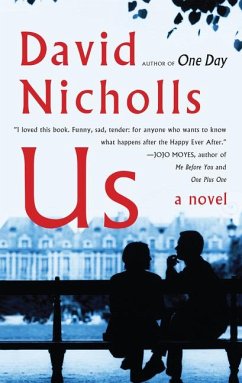Megan Hunter
Broschiertes Buch
The End We Start From

PAYBACK Punkte
6 °P sammeln!




For fans of Station Eleven, an extraordinary story of motherhood in a world changed beyond recognition.
Megan Hunter is a prizewinning novelist, dramatist and screenwriter. Her first novel, The End We Start From was shortlisted for Novel of the Year at the Books Are My Bag Awards, longlisted for the Aspen Words Prize, was a Barnes and Noble Discover Awards finalist and won the Forward Reviews Editor's Choice Award. It was adapted into a major motion picture by Alice Birch, starring Jodie Comer and directed by Mahalia Belo. Her second novel, The Harpy, was Indie Book of the Month; she is currently adapting it for television with Red Planet Pictures. In 2024 her dramatic monologue Salt of the Earth premiered at Venice Film Festival. Megan's other writing has appeared in the White Review, the TLS, Literary Hub, Vogue, Elle, BOMB, and elsewhere. She lives in Cambridge, UK.
Produktdetails
- Verlag: Pan Macmillan
- Artikelnr. des Verlages: 75584
- Seitenzahl: 144
- Erscheinungstermin: 3. Mai 2018
- Englisch
- Abmessung: 198mm x 128mm x 20mm
- Gewicht: 136g
- ISBN-13: 9781509843985
- ISBN-10: 1509843981
- Artikelnr.: 49732572
Herstellerkennzeichnung
Libri GmbH
Europaallee 1
36244 Bad Hersfeld
gpsr@libri.de
A young couple, the woman is pregnant, only a couple of weeks before the due day for her baby. London is threatened by a flood, people are being evacuated and the couple is affected by the environmental crisis, too. But then the relief, they can stay in their home. However, after the birth of Baby …
Mehr
A young couple, the woman is pregnant, only a couple of weeks before the due day for her baby. London is threatened by a flood, people are being evacuated and the couple is affected by the environmental crisis, too. But then the relief, they can stay in their home. However, after the birth of Baby Z, they need to leave their home and move in with the husband’s parents. The crisis aggravates, first the grandmother, then the grandfather dies, they run out of food, then they have to leave and find shelter in a refugee camp. As they move from one place to the next, they are separated, not knowing if they will ever see each other again. Baby Z however, is discovering the world, making his first movements, first steps and saying his first words.
The novel is striking because of Megan Hunter’s rather plain style of writing. Short sentences coupled in short paragraphs. The characters do not have names, only the first letter of their Christian name is given. This equals the shortage by which they are increasingly affected and it intensifies the feeling of hardship and stress. You can feel the reduction to the very necessary in each sentence. The paratactic style keeps you informed, but you do not smoothly float through the novel. I have not often read novels in which the style equally thus perfectly the story. And Megan Hunter has a way of putting action into words which makes you stumble quite often, for instance: “The day they don’t come back from shopping is beautiful.” (Po. 88) How can you ever reduce such a major event in a character’s life in such a sentence ending with an optimistic and promising adjective like “beautiful”?
The young mother is in the centre of the novel. First, we meet her with the well-known fears which all primipara share. But her fears are quickly overshadowed by the crisis which threatens their lives and the deaths of her parents-in-law. It is interesting to see how the style of writing expresses her emotions rather than functions as means for a description of how she perceives her situation.
The opposing developments of, on the one hand, the environmental crisis and on the other the development of Baby Z is masterly designed by the author. The antithesis in the title also picks up this idea. The life they lead before is gone. Your position in your job and in society, your role or roles in life – everything is submerged and questioned, now, all of the survivors have to start anew. The way the characters cope with the situation is also interestingly and convincingly depicted: some can manage, they are true survivors, other try to break out and run away from the situation.
All in all, a short novel which is striking due to the style it is written in.
Weniger
Antworten 0 von 0 finden diese Rezension hilfreich
Antworten 0 von 0 finden diese Rezension hilfreich
Andere Kunden interessierten sich für



